Amnesty is a ray of hope for citizens who are behind bars. As you know, the implementation of her project is planned for the current year. We will try to analyze in detail which articles fall under the amnesty in 2017.
What is amnesty
In the most literal sense, an amnesty is an early granting of freedom to citizens who are in places of punishment. The full meaning of the word: a special order of the supreme authorities of the Russian Federation, which mitigates the punishment for those who are serving a term in prison, or even guarantees their early release.
The very first amnesty was carried out in the XIX century by Emperor Alexander II, freeing all prisoners of the Decembrists. The next was dedicated to the coronation of Nicholas II, the third - to the three hundredth anniversary of the reign of the Romanov clan. More than once this measure was applied in the USSR. Usually, an amnesty is timed to coincide with important state events, for example, Victory Day in the Great Patriotic War.
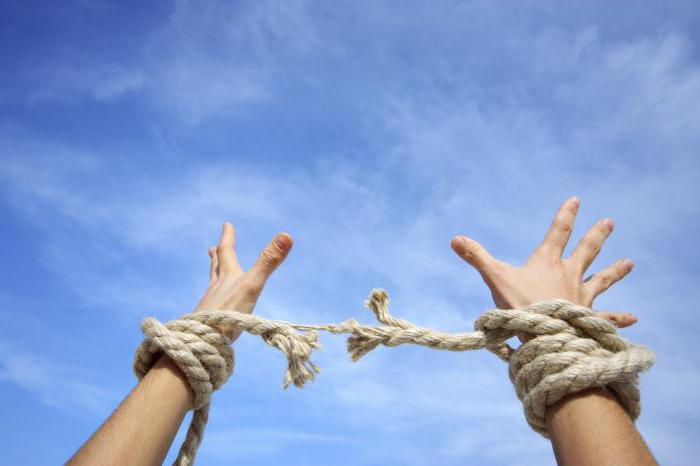
The assumption that amnesty is worth waiting for any major public holiday is erroneous. Adopting it is a complex process that takes place at most once a year. Only a deputy of the State Duma or a representative of the supreme state power initiates a project on an amnesty. His decision must be supported by universal suffrage. The draft law should then be adopted by the cabinet and approved by the president of the Russian Federation.
The work is preceded by the voluminous work of psychologists, analysts, experts who carefully calculate all the consequences of such a decision, including determining which articles of the Criminal Code fall under the amnesty. It is important that it does not undermine the level of security in society. For example, in 2015, 10% of prisoners (about 60 thousand) were released ahead of schedule - this did not affect the crime rate in the country.
Why amnesty
Amnesty is declared by the state, of course, for a reason. Introducing this measure, it also pursues "personal" goals:
- Full security of one prisoner per year costs the treasury in the amount of about 100 thousand rubles. Against the background of not the best economic situation in our country today, this amount is very serious for the state. It is estimated that an early release of at least 200 thousand prisoners will be a beneficial effect for the Russian economic system.
- One of the reasons for the 2017 amnesty is a significant reduction in the staff of the penal system, the Ministry of Internal Affairs over the past 30 months. For example, in 2015, the number of employees decreased by 27 thousand people, while the number of prisoners remained at the same level.
Who will be released first
Before indicating which articles of the Criminal Code of the Russian Federation fell under the amnesty, it is important to note the categories of citizens who are planned to be released in the first place:
- veterans of World War II;
- having merits before the Motherland and at the same time having stumbled before the law for the first time (participants in military operations in Afghanistan, Chechnya, the North Caucasus; persons involved in the liquidation of the consequences of the Chernobyl tragedy);
- having state awards of the USSR, RF;
- pregnant girls and women;
- single fathers who have minor children;
- mothers with young children, with children with disabilities;
- women with a criminal record of up to 6 years and having served a third of the sentence;
- prisoners of retirement age (men over 60, women over 55);
- persons with disabilities of groups I and II;
- juvenile offenders sentenced to 6 years or more and have already been imprisoned for more than one year;
- persons with probation;
- having deferred sentences;
- persons with a criminal record without a condition of imprisonment;
- tuberculosis patients of the first and second groups, registered in the appropriate dispensary;
- persons with oncological diseases of the last stages - III and IV;
- convicted of crimes committed without intent, through negligence (term - not more than five years).
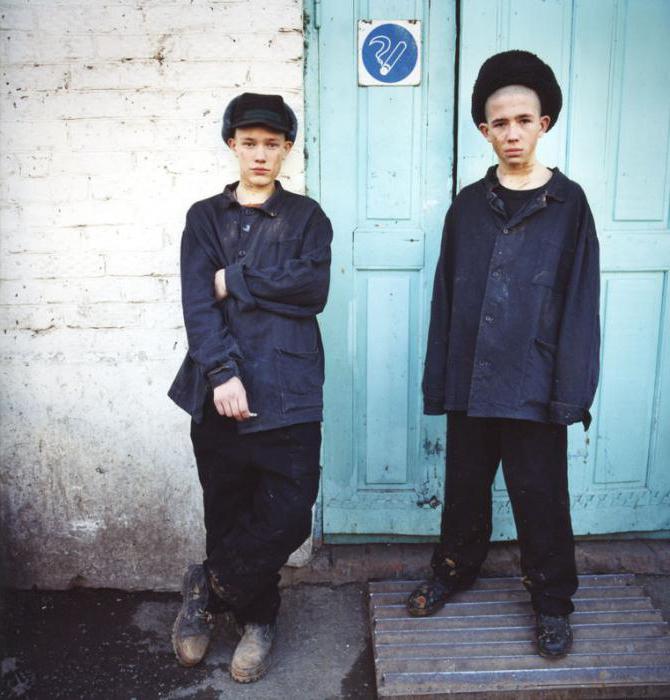
What articles of the Criminal Code fell under the amnesty in 2017
The articles of the Criminal Code of the Russian Federation listed below are mentioned in the Draft Resolution "On declaring amnesty":
- 145.1; 146; 147;
- 170.1 (1); 171.1,2; 172; 173.1,2; 174.1; 176; 177; 178;
- 180; 185.1,2,3,4,5;
- 191; 192; 193; 194; 198; 199.1,2;
- 201;
- crime in the field of entrepreneurship: Art. 159, 160, 165.
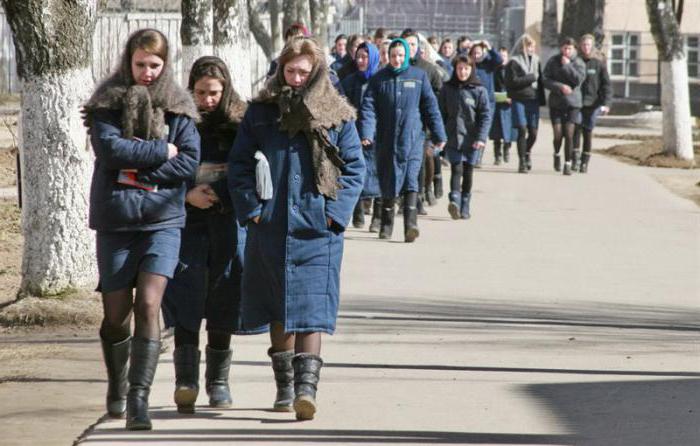
The project has not yet been approved, therefore, it will be possible to absolutely confirm which criminal articles fall under the amnesty this year only after the signing of the document by the president.
Amnesty in the current state of affairs
If we analyze the situation in Russia in the last year, we can assume that the amnesty is likely to affect citizens:
- violate the provisions of the Tax Code, have already paid off their debt (plus accrued 2.5%);
- violated the terms of credit agreements with banks;
- Drivers who have lost their driving license.
Persons who are not affected by the amnesty
Now about the more serious sections of the Criminal Code. What articles fell under the amnesty, we told. It is worth listing the categories of convicted citizens whom this measure will not affect. So these are those convicted of:
- espionage;
- participation in especially large riots;
- extremism, separatist operations;
- treason to the Fatherland;
- forms of banditry;
- abduction of a person / persons;
- intentional intentional killings;
- participation in terrorist operations;
- sexual corruption of minors;
- rape;
- theft of personal property on an especially large scale;
- intentional harm to the physical and mental health of the individual;
- commission of large fraudulent transactions;
- corruption acts.
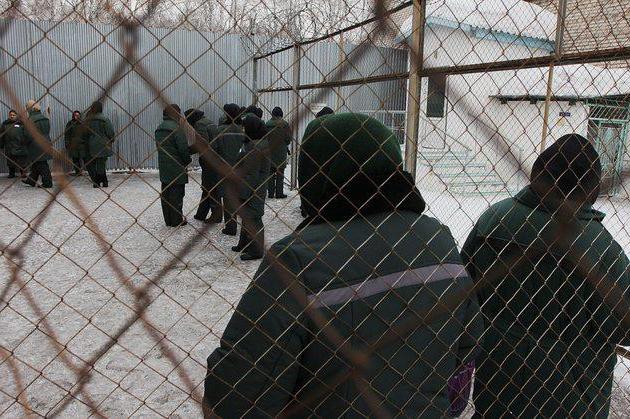
Listing which articles fall under the amnesty in Russia, it should also be reported that parole is not considered for persons:
- previously falling under such a pardon and again finding themselves in prison;
- who committed a deliberate new crime while serving their sentence, for which a year or more was added to the already appointed term.
Amnesties in modern Russia
Speaking about which articles fall under the amnesty, it is worth mentioning this measure already carried out in the Russian Federation earlier:
- To the 70th anniversary of the Victory (2015) - the release of those convicted of minor crimes.
- On the 20th anniversary of the Russian Constitution (2013) - among those released: members of the Pussy Riot group, “Bolotnaya Delo”, members of Greenpeace, convicted of participating in protests on the Pechora Sea.
- On the occasion of the 65th anniversary of the end of World War II (2010) - citizens serving sentences for minor crimes.
- By the centenary of Russian parliamentarism (2006) - among the pardoned were participants in the events in the Southern Federal District of the Russian Federation.
- On the occasion of the 60th anniversary of the Second World War (2005), the participants in the fighting in Afghanistan were first freed.
- By the adoption of the Chechen Constitution (2003) - citizens participating in Chechen anti-terrorist military operations.
- By the 55th anniversary of Victory (2000) - the largest amnesty (209 thousand people prematurely left prison only), release of convicts with short sentences.
- In 1999, the participants in the anti-terrorist operations in the North Caucasus were first released.
- In 1997, the amnesty also significantly affected the participants in the Chechen wars.
- In 1996, participants in illegal actions in the Republic of Dagestan were amnestied.
- By the fiftieth anniversary of the Victory in the Great Patriotic War - certain categories of citizens.
- By the adoption of the Russian Constitution (1993) - persons who are members of the State Emergency Committee, defenders of the armed forces, as well as those convicted of economic issues.
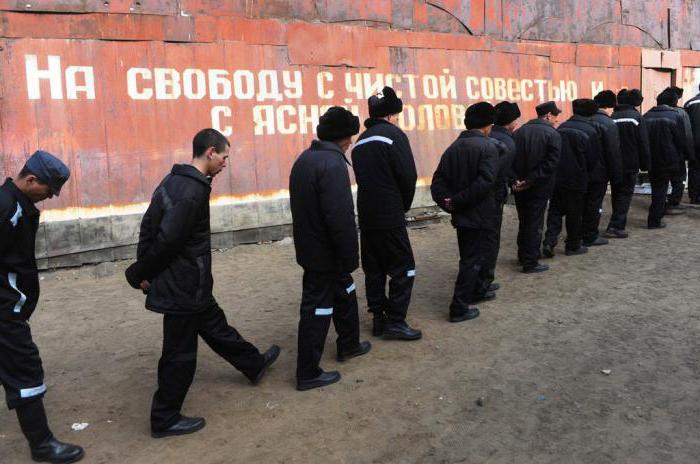
Criminal Code: amnesty and pardon
When considering which articles fall under the amnesty, the sections of the document governing measures such as amnesty and pardon should also be described.
Article 84 of the Criminal Code of Russia states that amnesty in our country is declared by the State Duma. It does not concern individuals, but a wide range of individuals. An amnesty act exempts convicts from criminal liability. Alternatively, the punishment is replaced by a more gentle one or any additional measures are terminated. An amnesty is also authorized to remove a criminal record from a citizen.
This process should be distinguished from pardon: it is announced by the President of the Russian Federation in relation to a specific citizen (Article 86). The same measures are applied as under the amnesty: release from places of deprivation of liberty, commutation of punishment, repayment of criminal record.
Loud cases of pardon
Cases of clemency of individuals at one time were widely covered in the media:
- 1997 year. President B. Yeltsin signed an act to pardon former diplomat Vladimir Makarov, recruited by US intelligence in Soviet times. A former Foreign Ministry adviser was sentenced to 7 years in prison. The President granted freedom to Vladimir Makarov.
- 2010 year. President D. Medvedev signed a pardon act against three citizens: Alexander Zaporizhsky, Sergey Skripal, Igor Sutyagin. All three were charged with high treason. The president’s decision was somewhat compelled: the criminals were exchanged for ten Russian intelligence agents detained a month before the decision was made in the United States. Among them was the famous Anna Chapman.
- 2017 year. President V. Putin pardoned Oksana Sevastidi accused of treason.
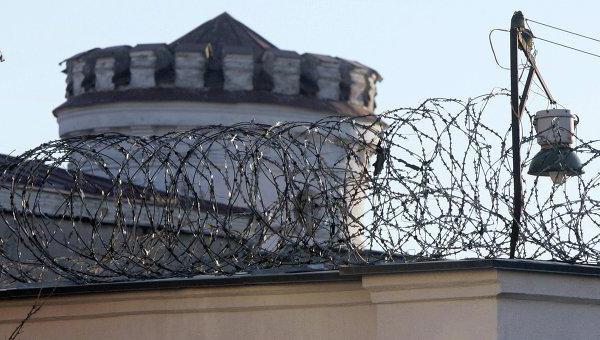
Amnesty 2015
Recall the results of the last, nineteenth amnesty in Russia:
- the declaration of amnesty was signed on April 23, 2015;
- at the end of the procedure, a total of 231,588 citizens were released;
- only from places of imprisonment 34 725 people were released ahead of schedule, of which 34 were minors, and 2621 were women;
- 7,812 people were released from pre-trial detention centers;
- 189,236 citizens were released from criminal correctional inspections;
- among all amnestied: 80 disabled people, patients with tuberculosis and cancer patients, 135 male pensioners and 44 female pensioners, 5 single fathers, 42 pregnant women and mothers with minor children and children with disabilities; 58 participants in anti-terrorist operations in the North Caucasus and Chechnya, 7 participants in hostilities in Afghanistan and 5 participants in the Great Patriotic War.
The released were paid tickets to the place of residence and meals upon departure, material assistance was provided - 800 rubles.
Discussing the benefits or harms of amnesty is difficult. As practice shows, a year after such an act, the number of convicts again increases to the previous figures - 55% return to places of deprivation of liberty again (regardless of which articles fall under the amnesty). However, for individual citizens, it becomes a salvation, a road to a new happy life.